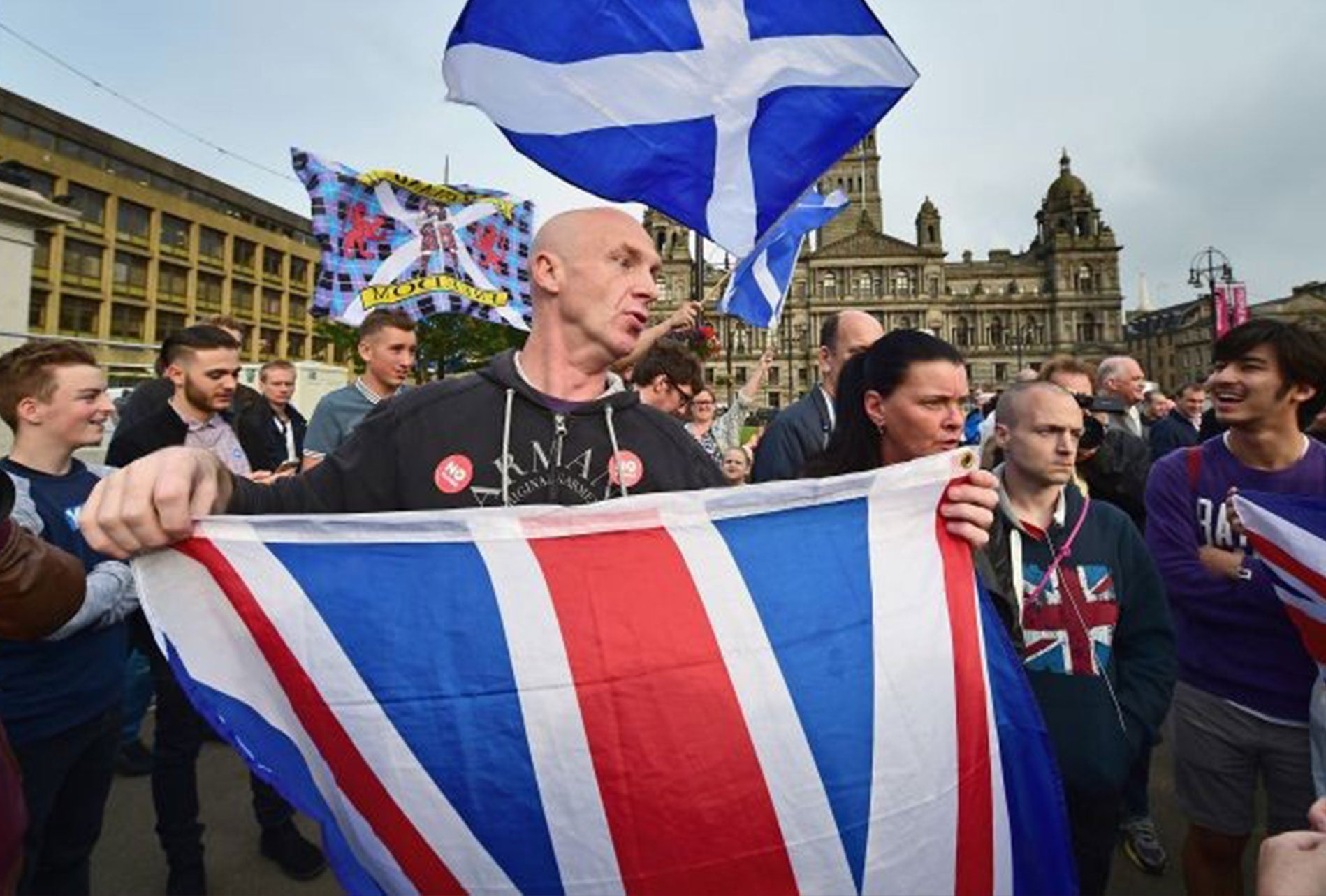Scottish referendum result: What is the West Lothian question?
Cameron has promised to tackle 'English votes for English laws'

Your support helps us to tell the story
From reproductive rights to climate change to Big Tech, The Independent is on the ground when the story is developing. Whether it's investigating the financials of Elon Musk's pro-Trump PAC or producing our latest documentary, 'The A Word', which shines a light on the American women fighting for reproductive rights, we know how important it is to parse out the facts from the messaging.
At such a critical moment in US history, we need reporters on the ground. Your donation allows us to keep sending journalists to speak to both sides of the story.
The Independent is trusted by Americans across the entire political spectrum. And unlike many other quality news outlets, we choose not to lock Americans out of our reporting and analysis with paywalls. We believe quality journalism should be available to everyone, paid for by those who can afford it.
Your support makes all the difference.In the wake of Scotland’s rejection of independence, the question of whether MPs from Scotland, Wales and Northern Ireland should be allowed to vote on policies that only affect England is now being pushed to the forefront of the debate.
The West Lothian question, or the issue of “English votes for English laws”, regards the concept that in a devolved system, Scottish MPs can vote on England-only policies, but English MPs do not have an equivalent say on how Scotland is run because it is led by the Scottish parliament.
The same is also true of Wales and Northern Ireland.
If more powers are now devolved to Scotland as David Cameron has pledged, this means there will be more devolved areas which English MPs cannot cast their vote upon. However, these restrictions will not apply to Scottish MPs.
This issue was raised in 1977 by Tam Dalyell, the then Labour MP for West Lothian, when Jim Callaghan’s Government proposed Scottish devolution – which is why it is known as the West Lothian question.
In a debate on devolution to Scotland and Wales on 14 November 1977, Mr Dalyell said: “For how long will English constituencies and English Honourable members tolerate at least 119 Honourable Members from Scotland, Wales and Northern Ireland exercising an important, and probably often decisive, effect on British politics while they themselves have no say in the same matters in Scotland, Wales and Northern Ireland.”
However, the West Lothian question is more complex than it seems, hence why it has still not been answered almost three decades later.
For example, if Scottish, Welsh and Northern Irish politicians were prevented from voting on England-only legislation, Labour could struggle to win majorities on measures at Westminster
But it also means Scottish and Welsh MPs could sway controversial votes in Westminster, when the policy had no bearing on their constituents.
Additional reporting by PA
Join our commenting forum
Join thought-provoking conversations, follow other Independent readers and see their replies
Comments